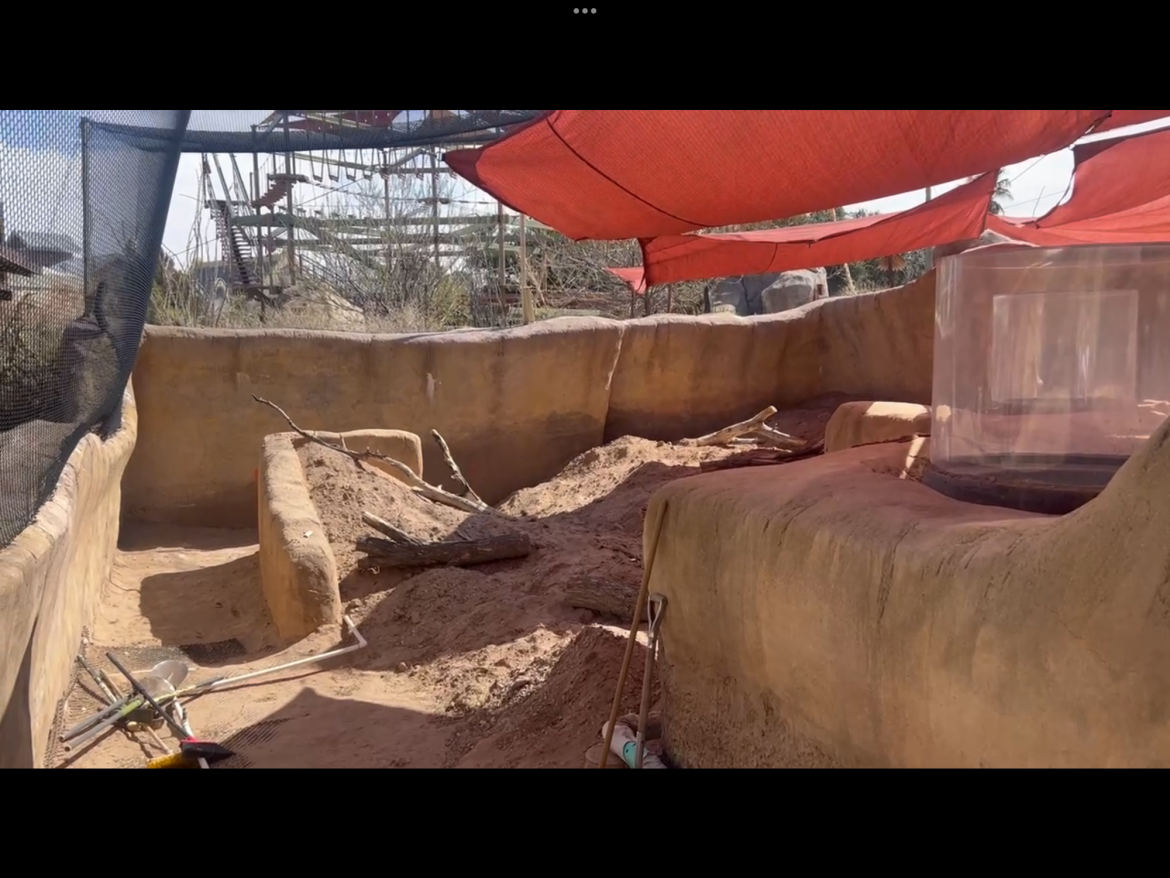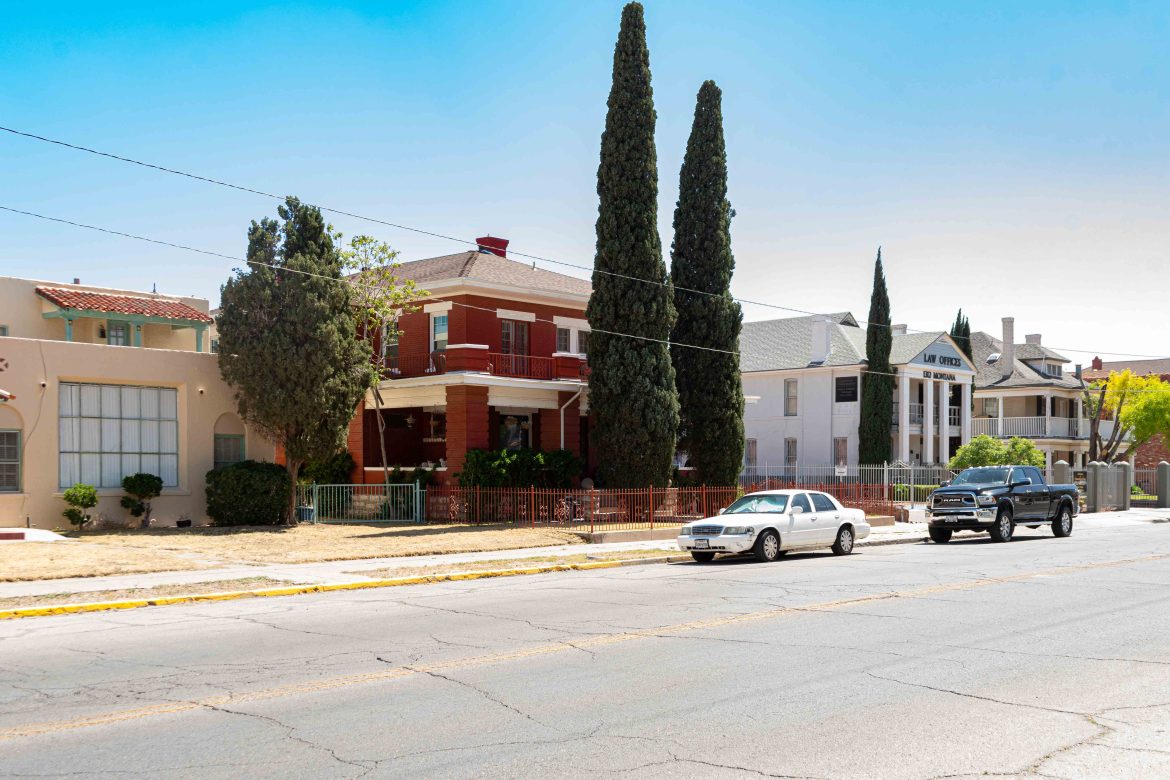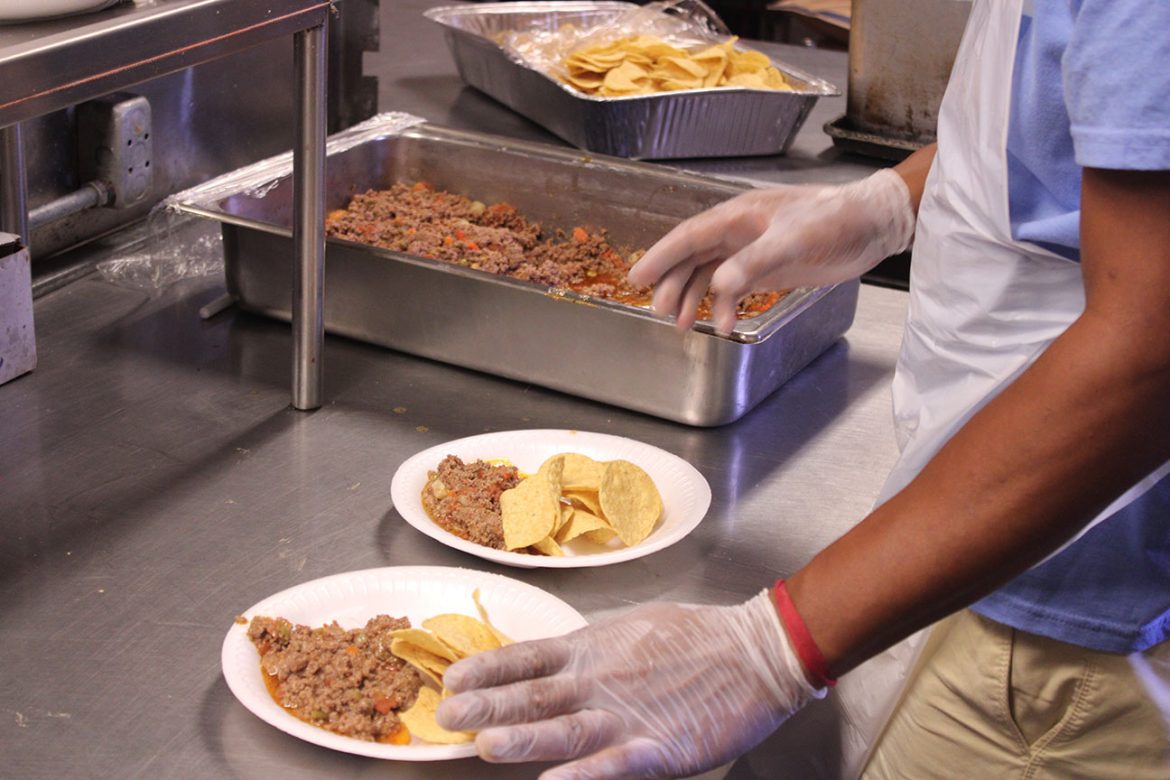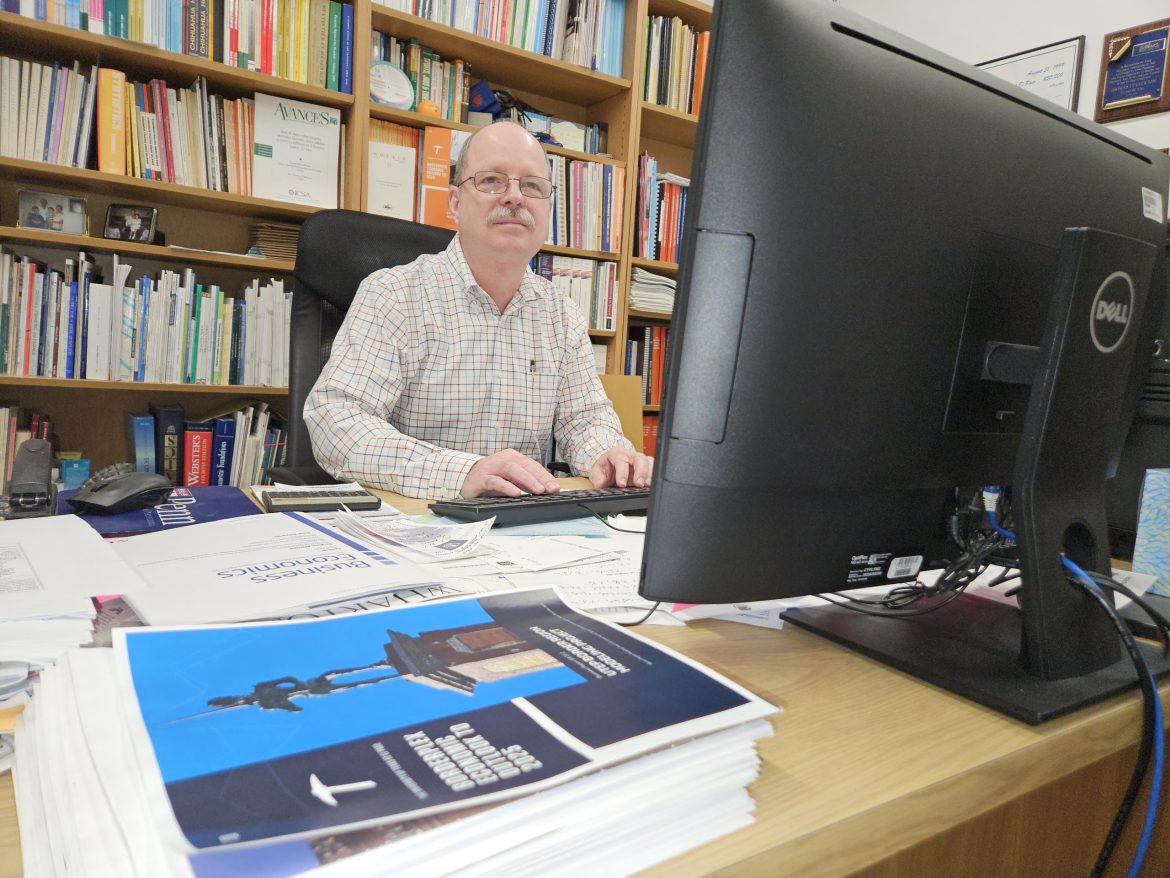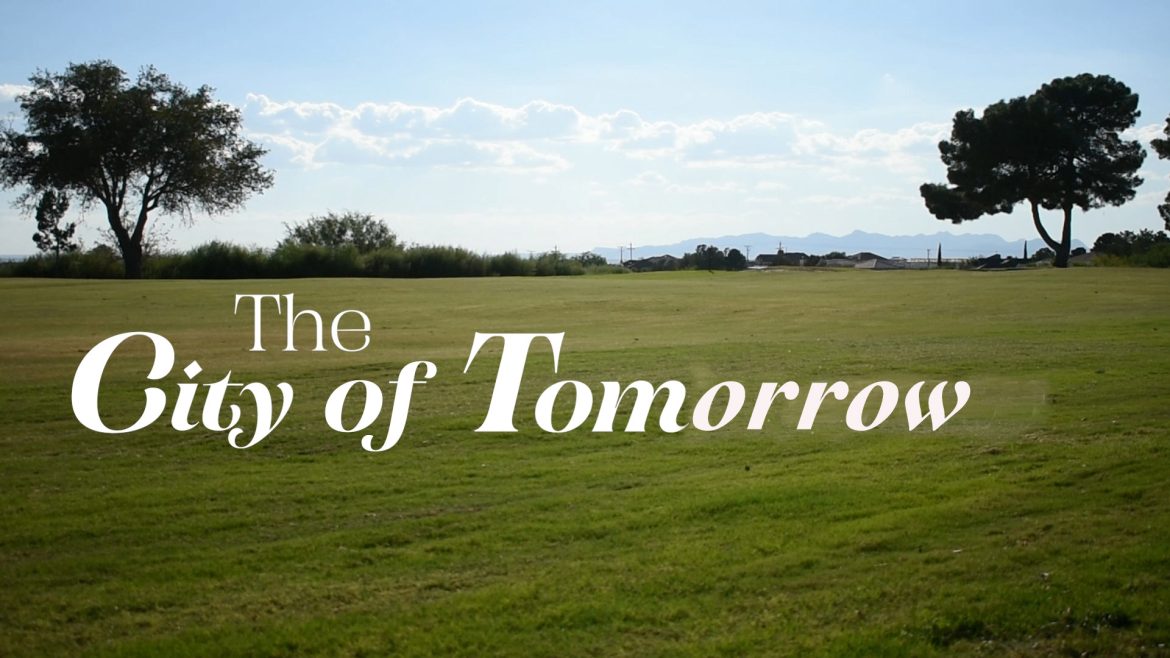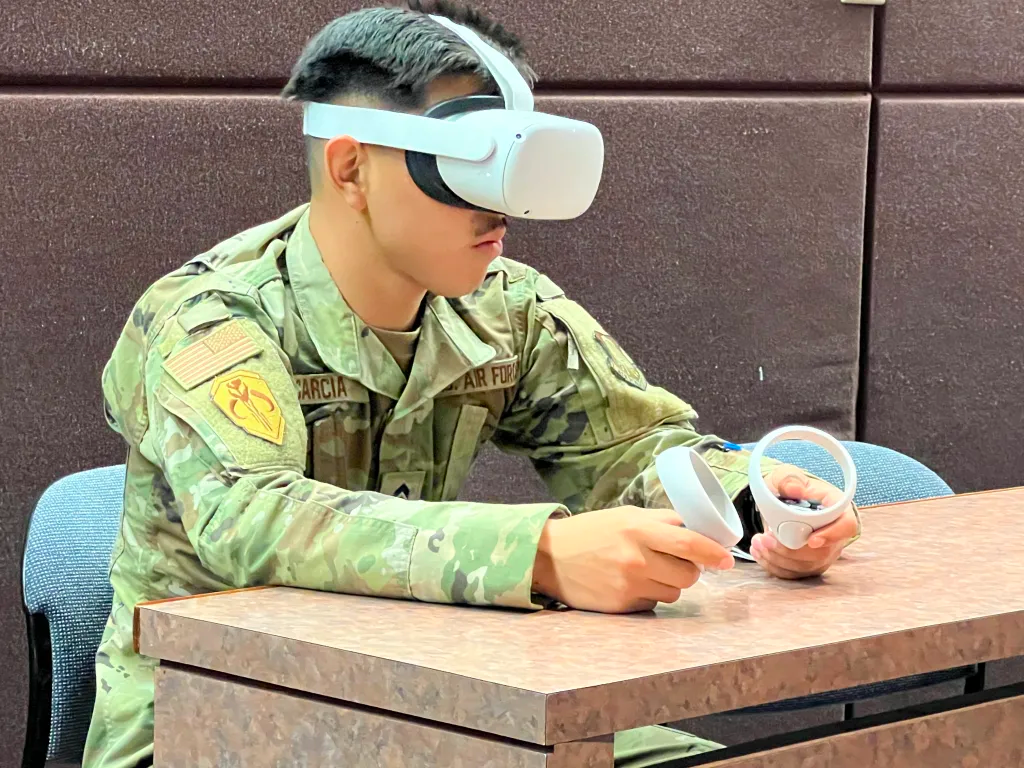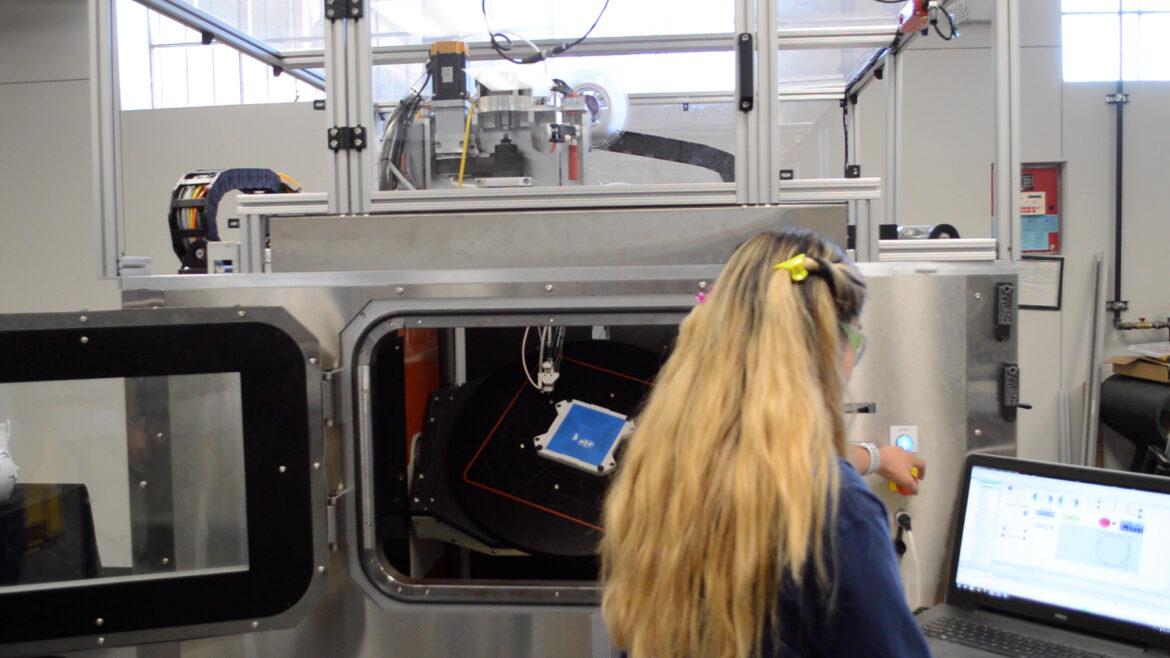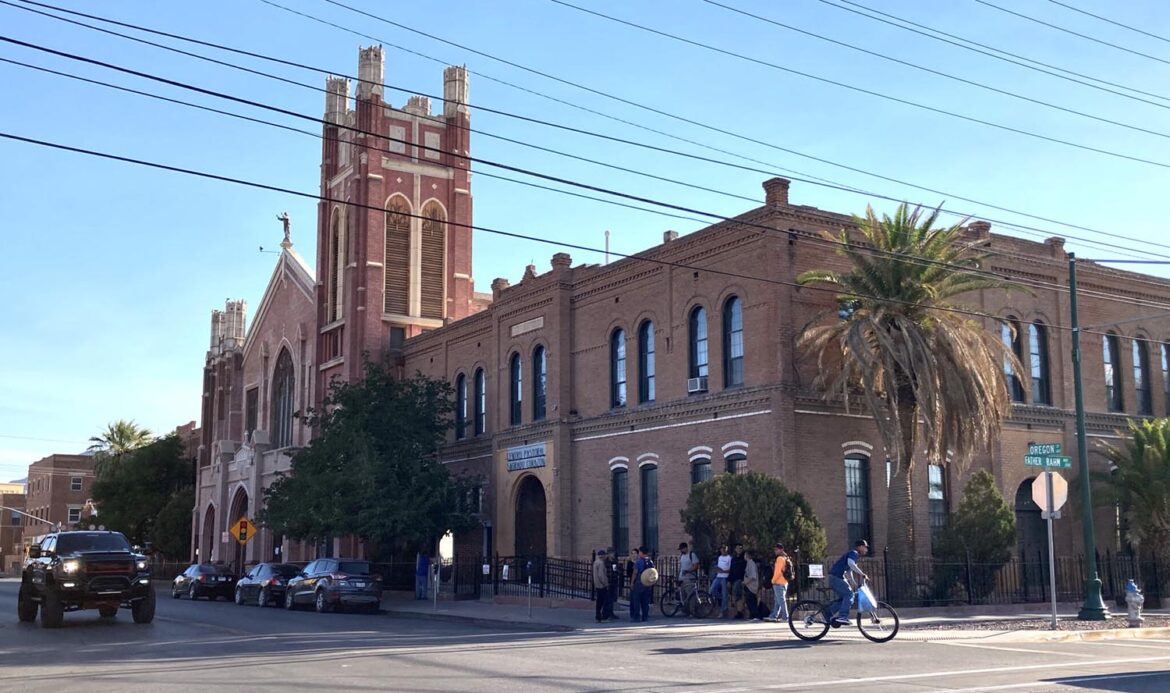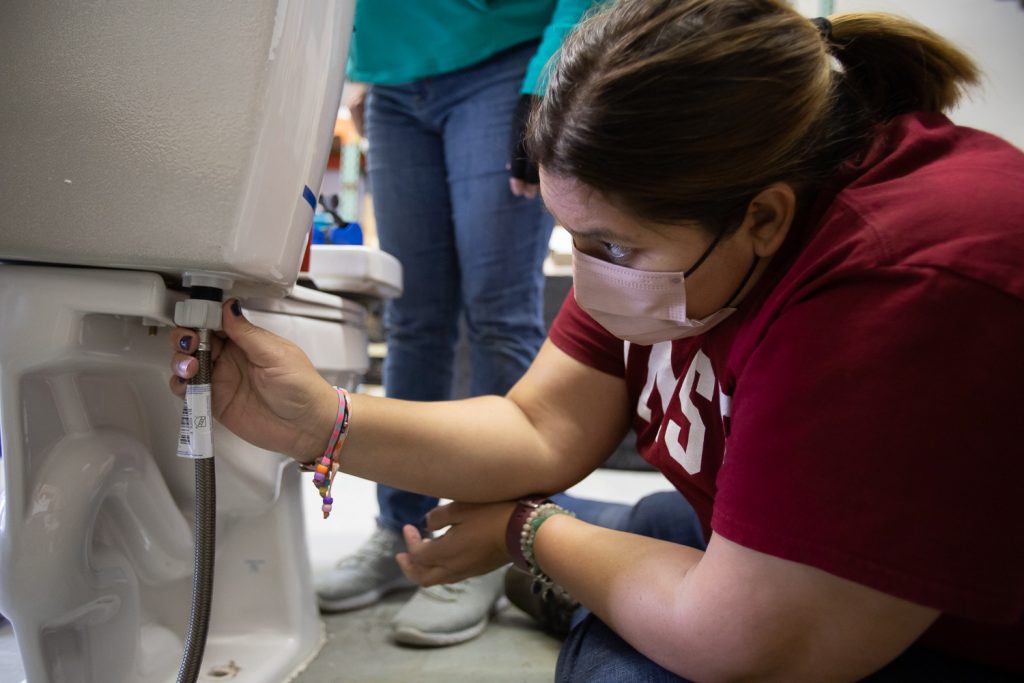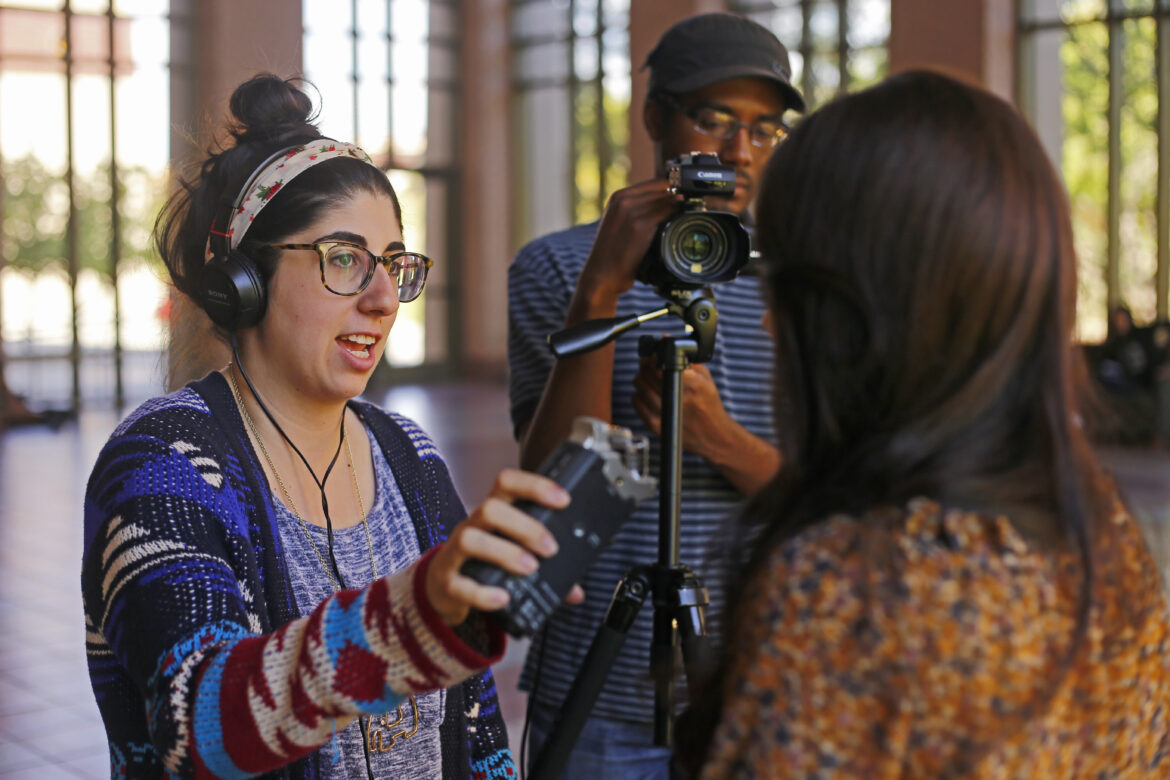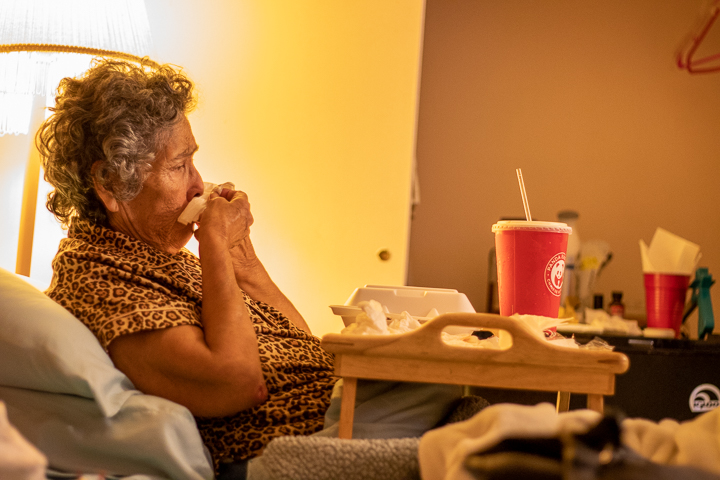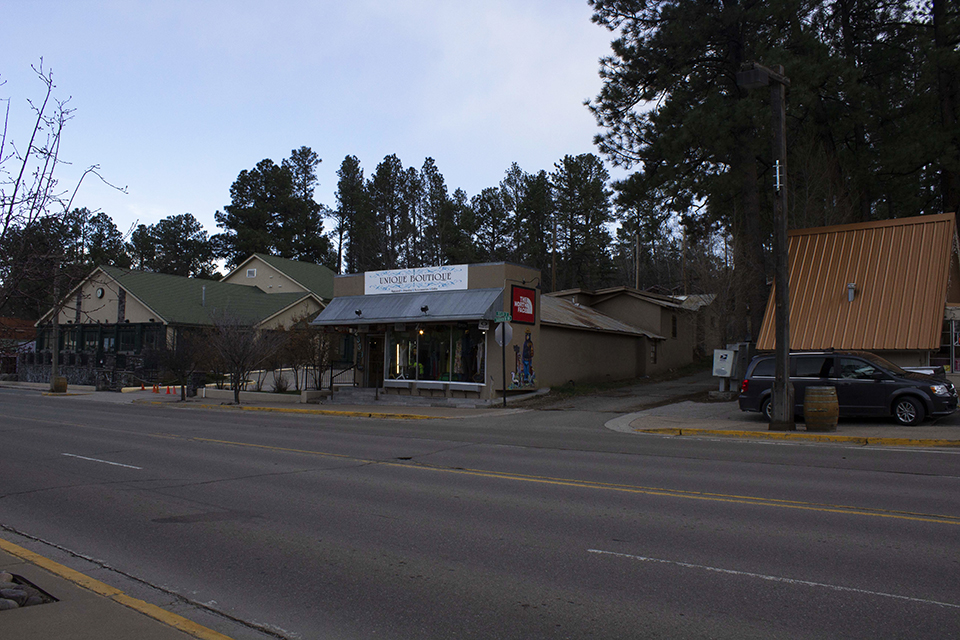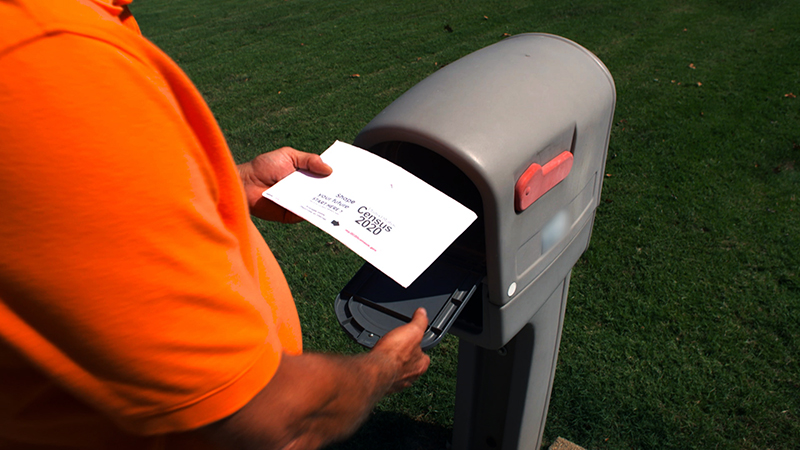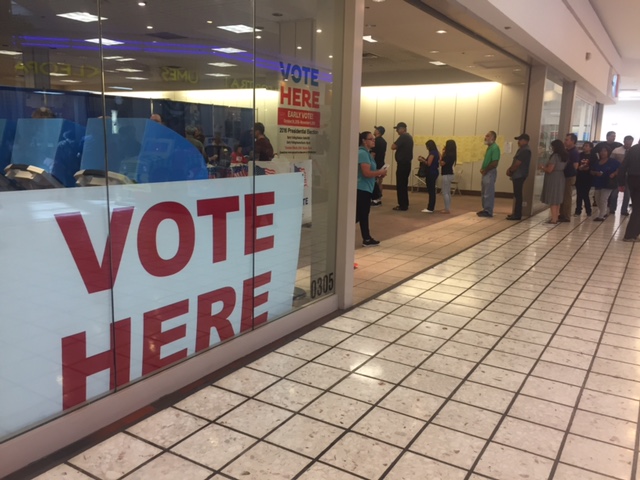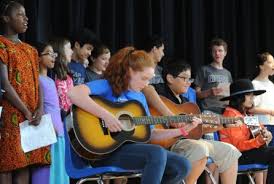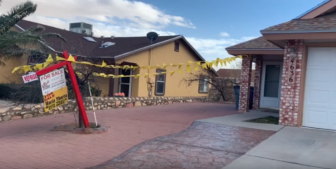It was an historic evening at the screening of Aristotle and Dante, a queer story set in the Borderland. Fans of the YA novel by Benjamin Alire Sáenz packed the theater to watch the movie when it opened at the Alamo Draft House in El Paso. “I think our voices are not always heard and especially for queer youth trying to find a place in the world, in their community, in their city,” said Enrique Perea, at the special screening in September. “ I think it’s one of those things where you think about, hey, my story needs to be heard and I matter”
Aristotle and Dante Discover the Secrets of the Universe, published in 2012, tells the story of two boys in El Paso juggling high school, and growing up while learning more about themselves and the love they feel for one another while they defy social and cultural norms.
Lin-Manuel Miranda is the executive producer with Aitch Alberto, a transgender film director. The movie feature several well-known actors including Eva Longoria and Eugenio Derbez, both prominent Hispanic voices in the film industry.
